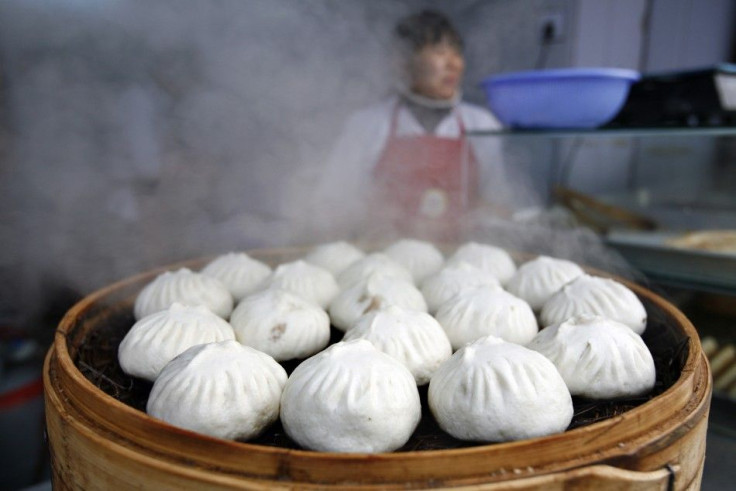Chinese New Year 2012: Top Good Luck Foods to Celebrate the New Year

The Chinese New Year is the year of the Dragon. It is also the time of the Spring festival; the Lunar New Year is a 15-day fest celebrated with much fervour.
There are several myths and traditions associated with this festival. One of the more important traditions is the observance of a Reunion day - when members of family gather for the celebrations.
The cuisine for the occasion is chosen carefully, keeping in mind Chinese traditions and beliefs. The Chinese believe that having certain kinds of food at this time will bring in longevity, prosperity, health, and good luck for the family members.
Here are the top Chinese foods to celebrate New Year...
Dumplings: These symbolize wealth because they look like ancient Chinese money. The first bank note of China is called the Jiaozi - which is the Chinese name for dumplings.
Dumplings are cooked balls of dough with vegetable or meat fillings inside. The dumpling can be sweet or spicy and is normally served with soy sauce and vinegar
Noodles: Noodles, by their very shape, represent longevity, according to Chinese belief. Noodles are the most common ingredient in the traditional Chinese reunion dinner.
Rice dumplings: The represent the idea of reunion because of their round shape. Rice dumplings are another traditional dish, made from rice with a variety of fillings. These can also be sweet or spicy.
Mandarins/Tangerine Oranges: These symbolize abundant happiness and good luck because the word tangerine, in Chinese, sounds like luck, while there is also a belief that buying these fruits (with two of their leaves intact) will make one live long. These fruits are commonly grown in the country and are another reason why they represent abundance.
Spring Rolls: Spring rolls represent wealth and fortune because spring rolls resemble bars of gold. The spring roll is traditional Chinese snack made with dough and deep fried in oil. It can be made with a large variety of fillings.
Fish: The Chinese usually like to have fish cooked in a variety of methods - from frying to steaming. Fish denotes abundance because the word fish in Chinese (yu) is a homophone for abundance. The whole fish is only partly eaten at the reunion dinner and is then kept for the next day, to symbolize spare.
© Copyright IBTimes 2024. All rights reserved.












